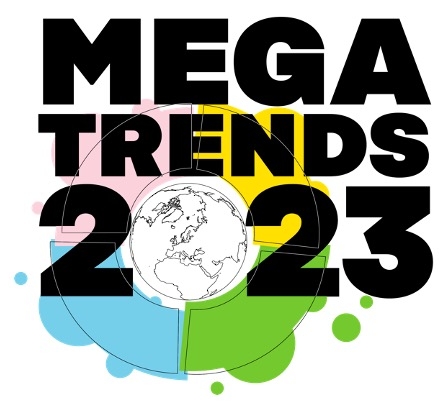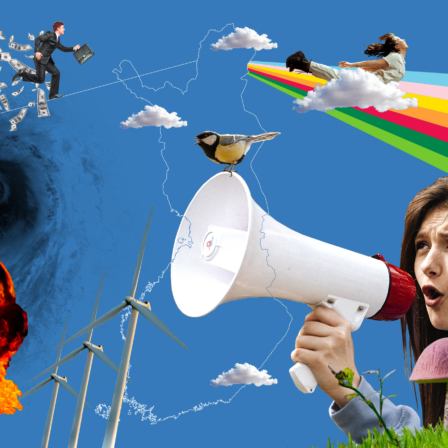Traditionally, sustainable development policies have been strongly focused on the environment. This is quite understandable, since ultimately it is all about the state of the environment and about how much human activities can burden the environment. It has been the general consensus for a long time that humanity is clearly overconsuming its environmental resources. In this sense, the global development with its growing population and increasing average consumption rates is unsustainable. However, it is difficult to change direction.
In the 1970s, the primary concerns were depletion of oil reserves, rapid population growth and sufficiency of food. These threats have been partly sidelined, as most of the attention has been targeted to climate change since the 1980s. This has led to the establishment of an international climate policy that originated with the Kyoto Protocol, aimed at reducing global greenhouse gas emissions. The goal still remains unachieved, even though an agreement on common objectives was (finally) reached at the UN Climate Change Conference in Paris a few years ago.
Climate change cannot be effectively curbed without reducing the use of fossil energy. Another prerequisite for sustainable development is that other environmental impacts and the exploitation of natural resources caused by human activities are reduced. Technological development will help us achieve these goals. Regardless, it is clear that the justified efforts of poor countries to raise their standards of living are on a collision course with the environmental targets. The same may also happen in affluent countries. Environmental policies may lead to an increase in consumer prices of energy and loss of jobs in sectors burdening the environment. Such changes always cause losses to certain groups of people.
With a view to acceptability of the methods by which environmental policy is practised, it is important that social and economic viewpoints are observed in the solutions.
If a policy is considered unfair, it is difficult to win support for it in democratic countries. This concern is not merely theoretical. The wastewater decree is an example of Finnish environmental legislation that attracted strong resistance. The United States presidential election, on the other hand, partly turned in favour of Donald Trump because of the votes given by miners concerned about the employment impacts of the stricter environmental policies advocated by the Democratic Party.
On the global scale, the strong economic growth of India and China is a major element of change. Feeding it with extensive use of coal has led to an increase in greenhouse gas emissions. However, we cannot deny the rights of the inhabitants of developing countries to a higher standard of living. In addition to the rapid growth in Asian countries, we are yet to face a major change in Africa; the population of the world’s largest continent is expected to quadruple at the same time as the consumption per capita is expected to multiply even more by 2100.
Therefore, we can conclude that the biggest challenge of this century will be the reconciliation of global development trends in such a manner that the sub-goals of sustainable development – social sustainability included – are observed at least to some extent. At the same time, we must hope that the estimates about the carrying capacity of the earth have been too pessimistic.
















Recommended
Have some more.